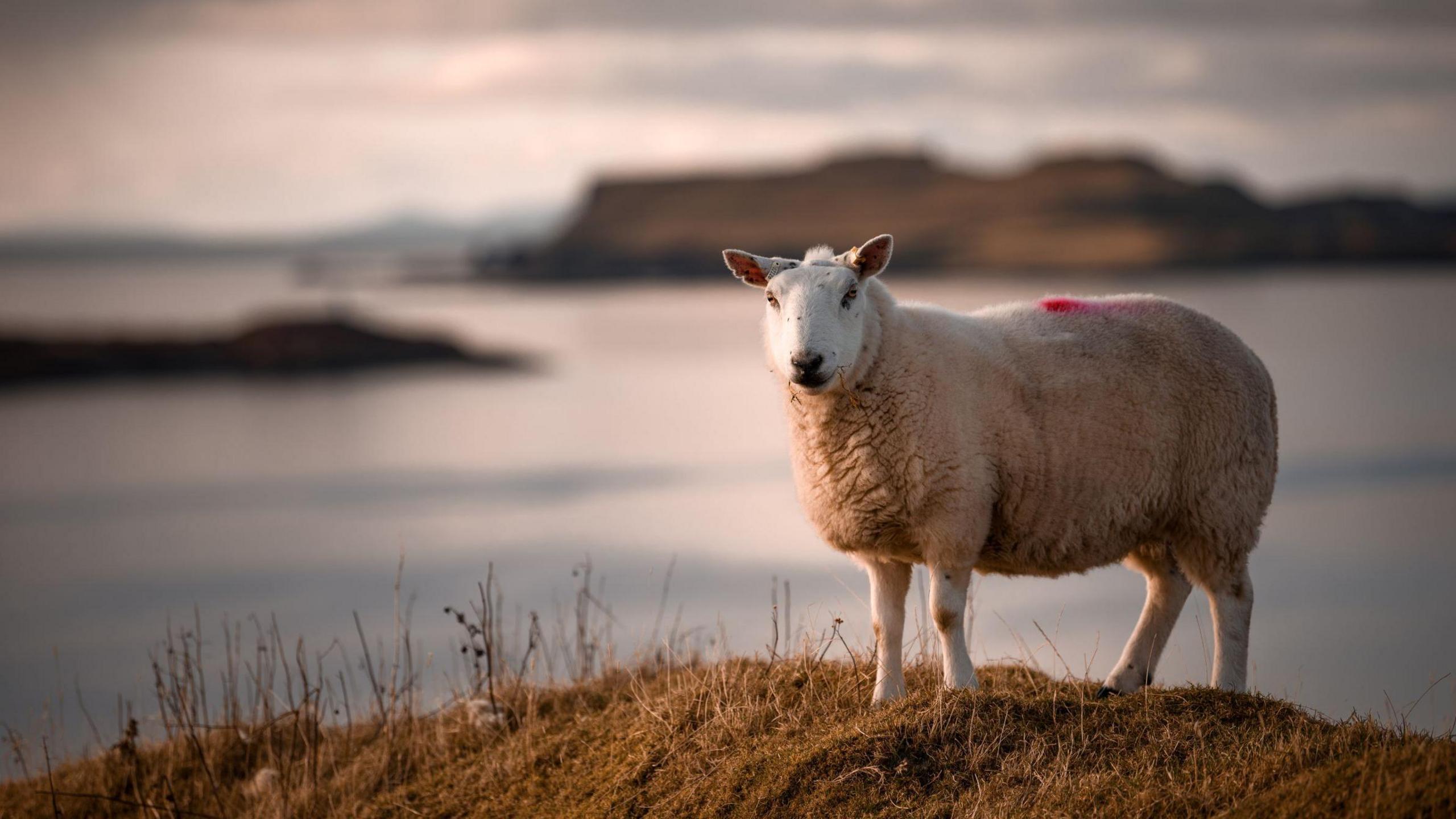Crofters secure payments under criticised farming fund

Further payments are to be made to crofters in the Highlands and Western Isles
- Published
Dozens of crofters in the Highlands and Islands could now benefit from a funding scheme after the Scottish government changed how applications are assessed.
The Future Farming Investment Scheme (FFIS) had caused controversy after it emerged a small number of applications from crofters in the Western Isles and Highlands were successful.
This was despite the scheme aiming to prioritise young island-based crofters and farmers.
Agriculture Minister Jim Fairlie has announced a change in the way the applications are judged leading to 122 new awards under the scheme, with around 60 for island-based crofters.
The Scottish Crofting Federation had expressed concern with rejection rates for ineligibility as high as 94% in some areas, and MSPs have repeatedly asked for clarification on the way the scheme was assessed.
The change involves common grazing shares being removed from consideration of the total area of land a crofter works on, as well as the way organic farming is certified.
Common grazings are areas of land shared by crofters for grazing livestock.
The new awards are to be financed by redirecting money previously offered to other successful applicants who did not take up the offer in time.
'Environmental performance'
Mr Fairlie said island farms and crofters were vital to Scotland's agriculture sector and rural communities.
He said: "This scheme was developed with the sector to provide flexibility and, as the first of its kind, was able to offer up to 100% support upfront.
"This ensures it delivers on our priorities to help improve the environmental performance of Scottish farm and croft businesses, without placing additional pressure on their cash flows."
Mr Fairlie said the popularity of the scheme had shown there was an appetite across Scotland's agricultural sector to invest in sustainability, productivity and resilience.
He added: "Where we have the powers to protect and support the agriculture industry, we are doing just that with the most generous direct support package in the UK."
The Scottish government said the original data used to assess applications did not identify that common grazing shares had been inadvertently included.
A spokesperson said this had affected a small number of crofting businesses which saw their land area close to the limit for FFIS.
They said: "We comprehensively reviewed the applications as soon as this was realised and all those affected have been reassessed."